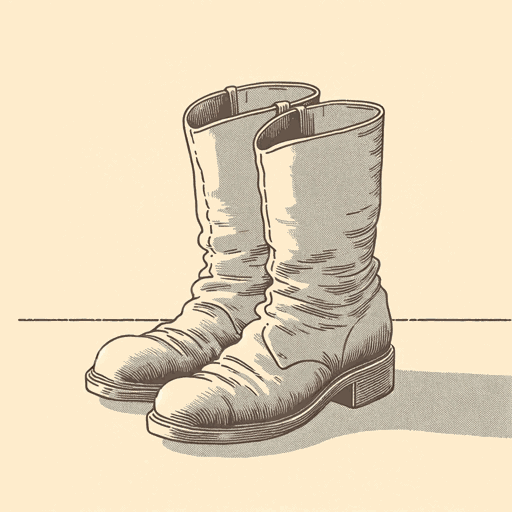50 pages • 1 hour read
Cormac McCarthyOuter Dark
Fiction | Novel | Adult | Published in 1968A modern alternative to SparkNotes and CliffsNotes, SuperSummary offers high-quality Study Guides with detailed chapter summaries and analysis of major themes, characters, and more.
Important Quotes
“Me, he cried. Can I be cured? The prophet looked down as if surprised to see him there amidst such pariahs. The sun paused. He said: Yes, I think perhaps you will be cured. Then the sun buckled and dark fell like a shout.”
(Page 5)
Culla’s nightmare introduces the nebulous, highly symbolic world of Outer Dark, in which plays out the Manichaean struggle between light and darkness. The motif of the sun, especially its extinguishment, first appears here, seemingly caused by Culla’s plea for salvation. This foreshadows Culla’s coming misfortune: Just as the people with leprosy punish him for the darkness, so too does Culla find himself hounded for a string of crimes he does not commit.
“In the morning he heard the tinker’s shoddy carillon long through the woods and he rose and stumbled to the door to see what new evil this might be.”
(Page 6)
The use of the word “evil” in the narration of Culla hurrying to send away the tinker reveals that he recognizes the immorality of his incest. At this point in the story, Culla still rules his own domain in his dilapidated cabin, affording him some amount of control over his life. When Culla flees this domain, he loses this control and is at the mercy of those he encounters.
“When he crashed into the glade among the cottonwoods he fell headlong and lay there with his cheek to the earth. And as he lay there a far crack of lightning went bluely down the sky and bequeathed him in an embryonic bird’s first fissured vision of the world and transpiring instant and outrageous from dark to dark a final view of the grotto and the shapeless white plasm struggling upon the rich and incunabular moss like a lank swamp hare. He would have taken it for some boneless cognate of his heart’s dread had the child not cried.”
(Page 18)
This passage, at the end of the first chapter, is much more baroque than the writing preceding it. McCarthy blends uncommon words and poetic diction to conjure a cosmic image of birth into suffering. Similarly styled passages throughout the novel underline the timeless nature of the story. This passage also foreshadows Culla’s character arc: Just as he thrashes through the swamp in the dark only to find himself back where he started, so too does he travel countless miles only to find himself afflicted by the very problem he was fleeing.
Related Titles
By Cormac McCarthy
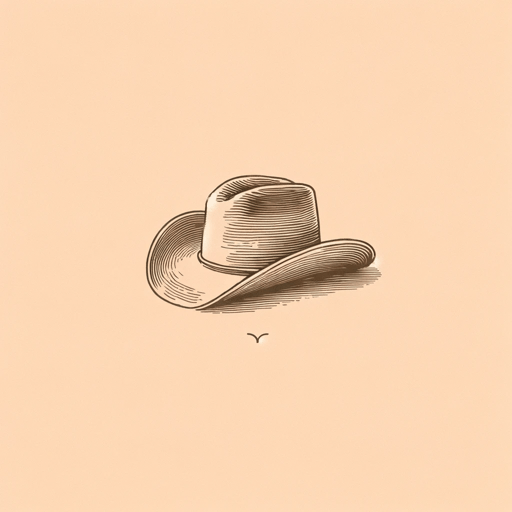
All The Pretty Horses
Cormac McCarthy

Blood Meridian
Cormac McCarthy

Child of God
Cormac McCarthy

Cities of the Plain
Cormac McCarthy
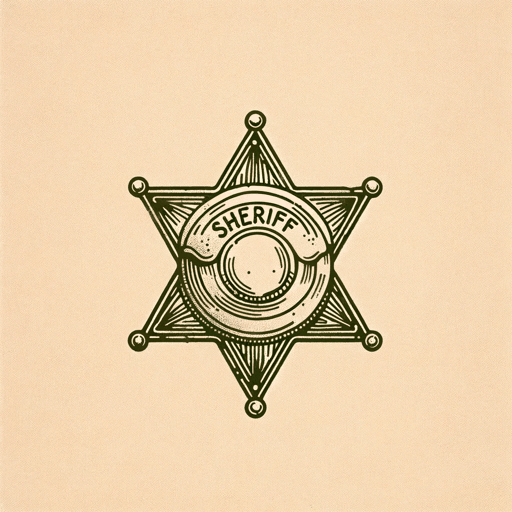
No Country for Old Men
Cormac McCarthy

Stella Maris
Cormac McCarthy

Suttree
Cormac McCarthy
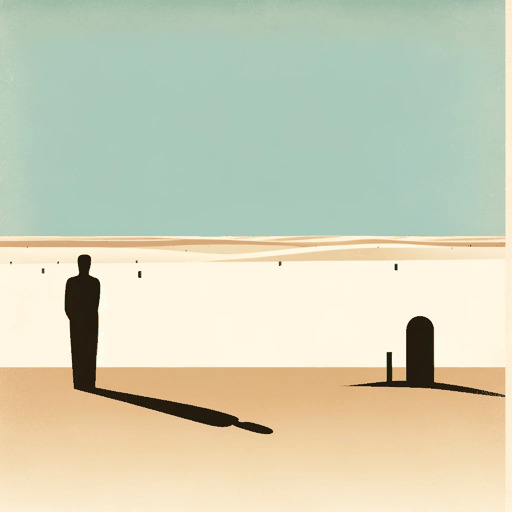
The Crossing
Cormac McCarthy
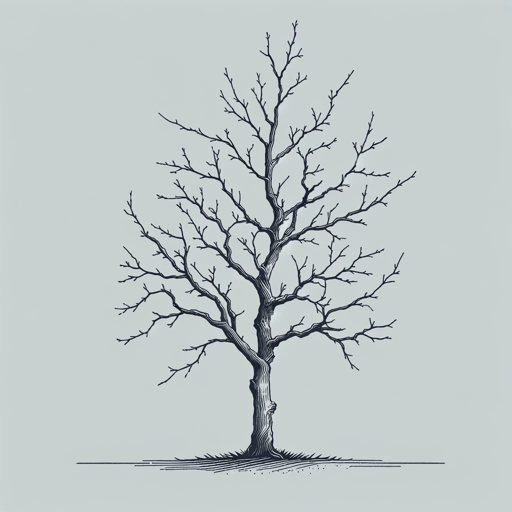
The Orchard Keeper
Cormac McCarthy

The Passenger
Cormac McCarthy
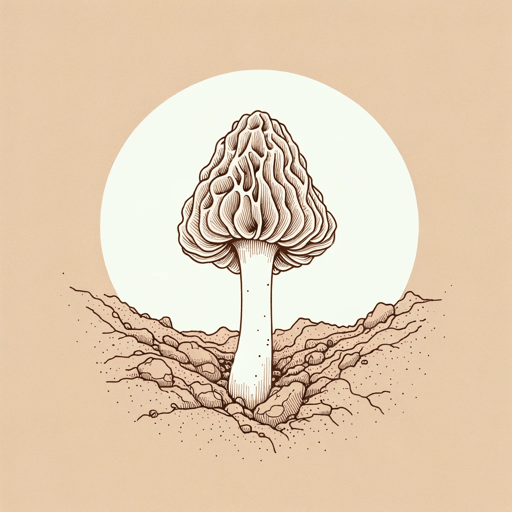
The Road
Cormac McCarthy
